archive
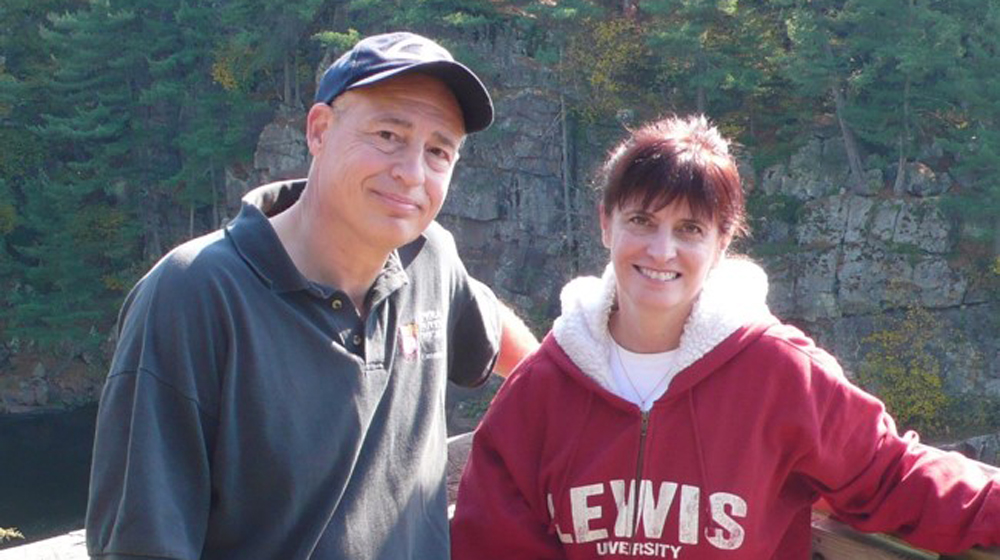
"Civil War Chicago: Eyewitness to History" on October 20th
Professor of History Theodore J. Karamanski, PhD and Loyola alumna Eileen M. McMahon, PhD, will discuss their new book on the Civil War’s transformative role in Chicago's development.
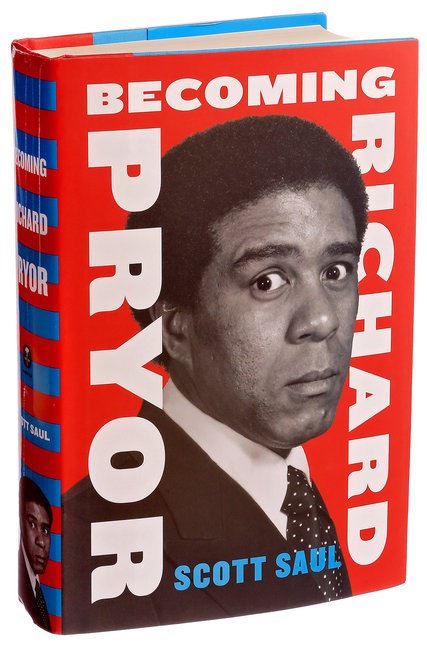
Richard Pryor Biographer to Speak at Loyola
Scott Saul, the author of Becoming Richard Pryor, will give a public lecture on the comedian entitled "Living with Richard Pryor: A Biographer's Tale" on Friday, April 24 at 3 PM.
Timothy Gilfoyle on "The Changing Forms of History"
Should history be a book discipline? What constitutes "acceptable scholarship" in history? Professor Timothy Gilfoyle considers the rich and diverse forms that historical scholarship take from books, digital media, and public history projects in his article "The Changing Forms of History" in April's edition of Perspectives on History, the AHA newsmagazine.

"The Rise of the Nation-Saint" on November 5th
Prof. Kathleen Sprows Cummings, University of Notre Dame, discusses a pre-circulated paper on the efforts of U.S. Catholics to secure their first canonized saint for the third meeting of the 2015-2016 Ramonat Seminar Series.
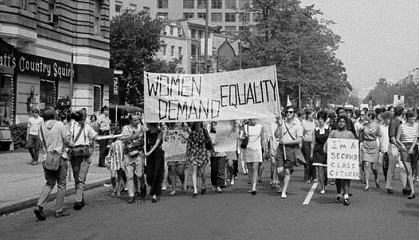
Voices of Chicago Women Activists
Celebrate Women's History Month with the Women & Leadership Archives and the Chicago Area Women's History Council. Come hear multimedia excerpts of oral histories by Columbia College honors students featuring Chicago women activists and leaders. The event will be held on Sunday, March 16th from 2:00pm-5:00pm on the 1st floor of Piper Hall.

What was Chrysler Village and how did it get its name?
Public History graduate students know and shared their work on a historic nomination for the neighborhood with Ask Geoffrey on WTTW the other night.
LEARN MORE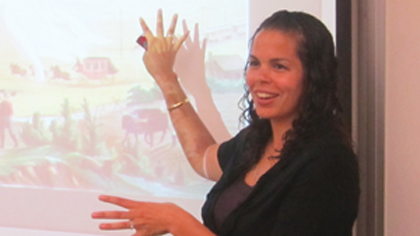
Closing the Gap
Sarah Doherty (PhD '12) reflects on the importance of the Preparing Future Faculty Program in equipping her, and other minority doctoral students, with the skills necessary for a career in academia.
LEARN MOREDr. Dina Berger to present "Before the Good Neighbor: Women Pan Americanists of Yesterday and Today" on Nov. 19
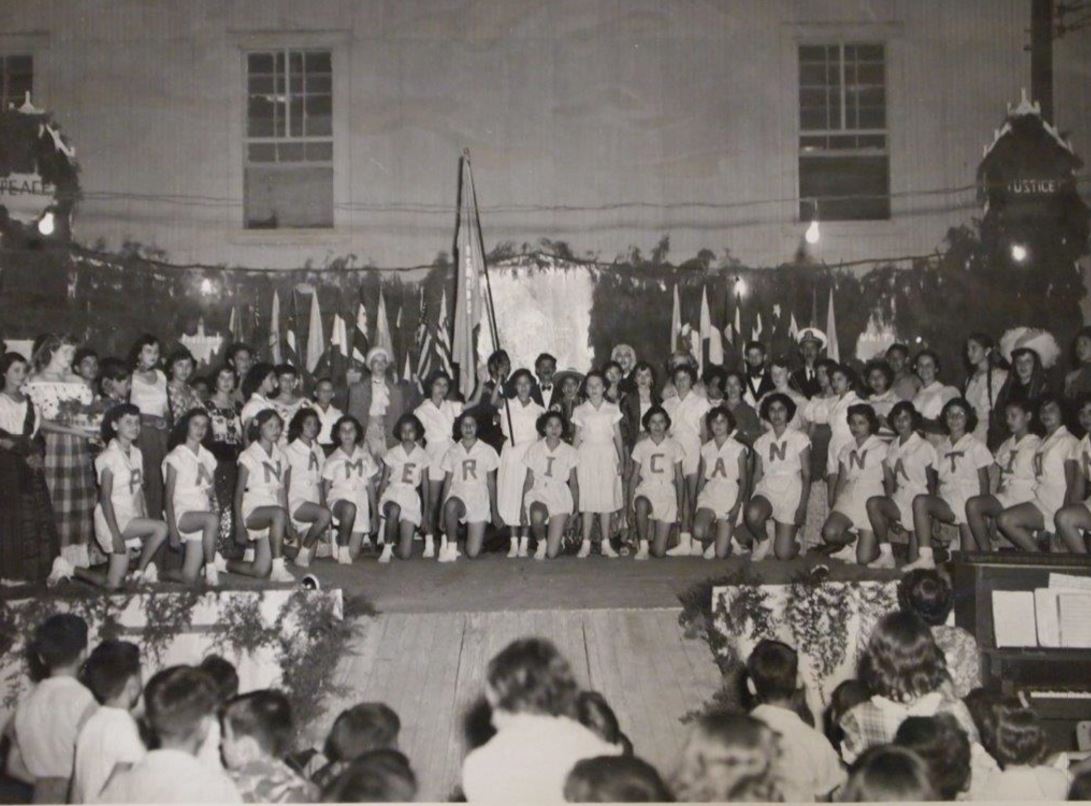
2015 Gannon Faculty Fellow Presentation: "Before the Good Neighbor: Civic Activism and the Origins of Inter-American Unity, 1907-1959," by Dr. Dina Berger.
When: Thursday, November 19, 2015, noon to 1:30 PM.
Where: Piper Hall, Lake Shore Campus, Room 201
Simple lunch provided. Please rsvp to Carol Coyne ccoyne@luc.edu by November 16.
For nearly a century, women members of the Pan American Round Tables (PART) from Texas and Latin American have been leaders in the quest to bring about peace and prosperity in the hemisphere through education and public service. The group’s mission was rooted in “practical Pan Americanism,” a concept coined by John Barrett, director of the Pan American Union from 1907-1919, which made the aspiration of inter-American unity relevant and tangible for Americans. While progressive-era men in government and industry negotiated the economic and political terms of the emerging Pan American family, ordinary citizens could achieve practical results by promoting goodwill toward Latin America and its people. For internationalist-minded Texas women this meant learning Spanish, giving scholarships to Latin American women at Texas universities, organizing Pan American libraries, and hosting visiting diplomats at monthly luncheons. Acts like these became the model for civic activism within a more urgent Pan American movement signaled by the Good Neighbor policy and WWII. Before the Good Neighbor uncovers the origins of Pan Americanism, all too often attributed to a few exceptional men like Elihu Root and Franklin Delano Roosevelt, and locates its enactment in non-governmental institutions like the Pan American Union and in women’s and men’s civic clubs like PART. By reframing our understanding of the Good Neighbor, this project decenters traditional top-down studies of hemispheric relations to document the seminal role played by non-elite actors, especially women, in shaping the course of twentieth-century U.S. foreign policy in Latin America based on values such as democracy (peace) and capitalism (prosperity) through a rhetoric of cooperation that ultimately solidified U.S. hegemony in the region.
This event is sponsored by the Gannon Center for Women and Leadership.
